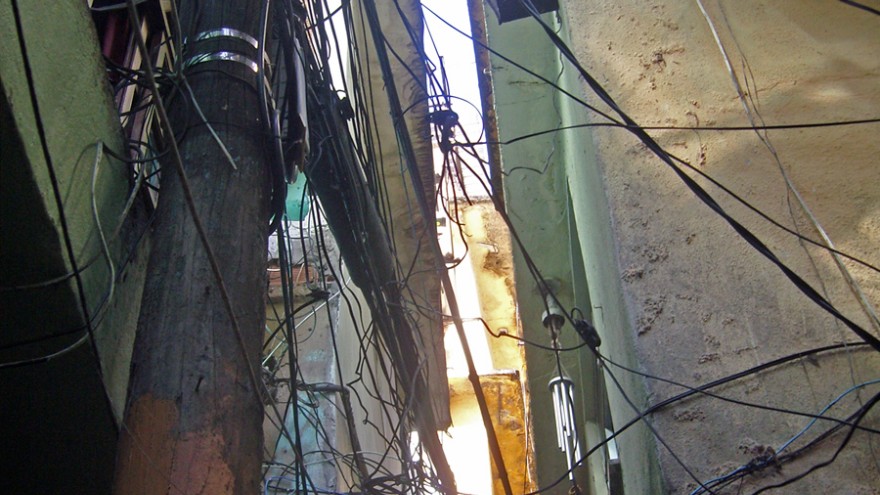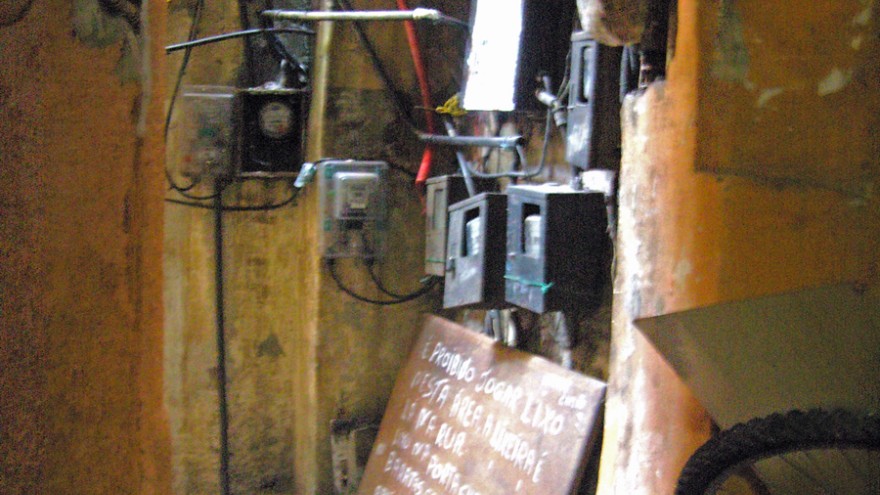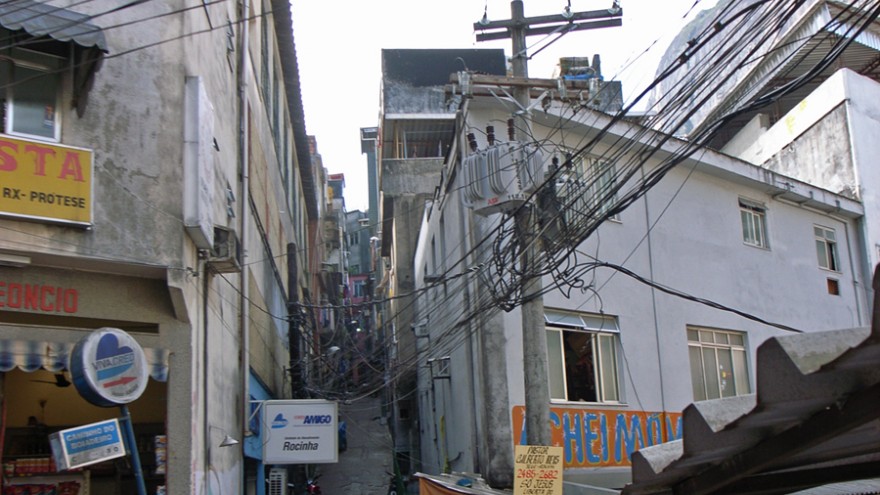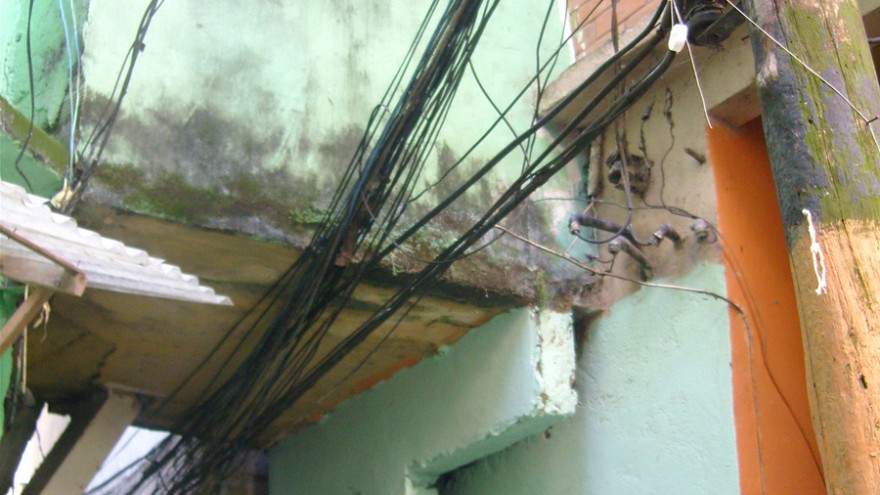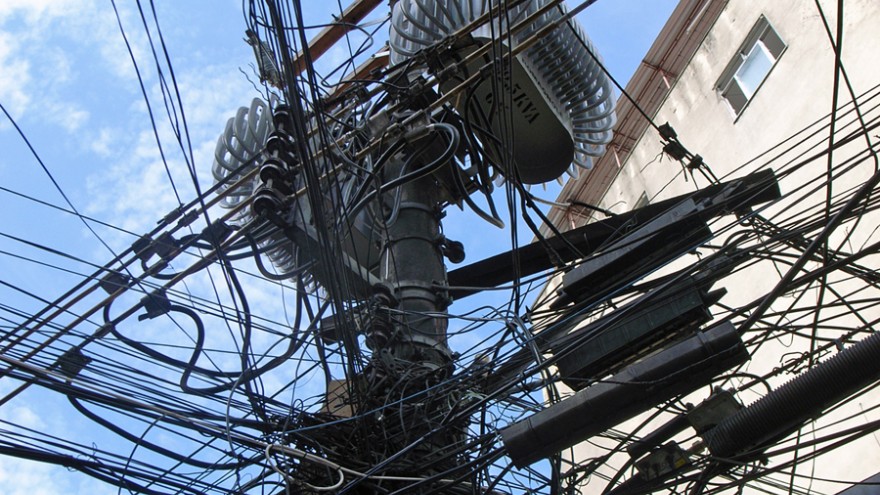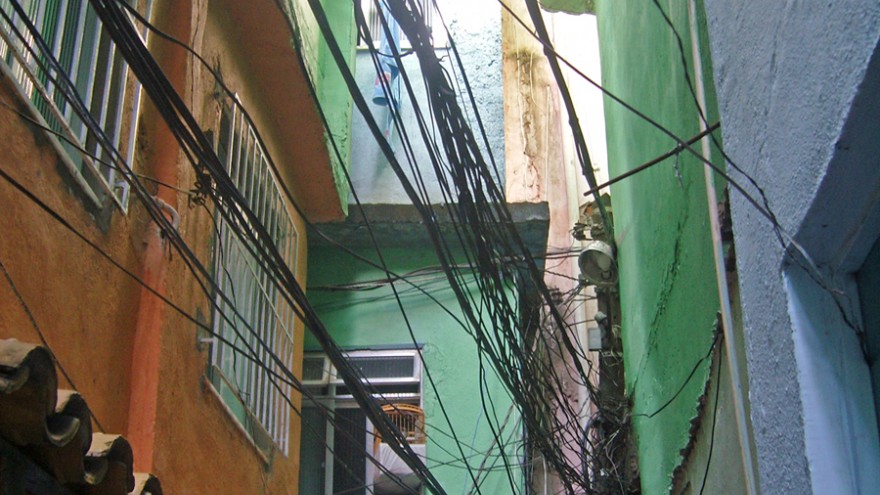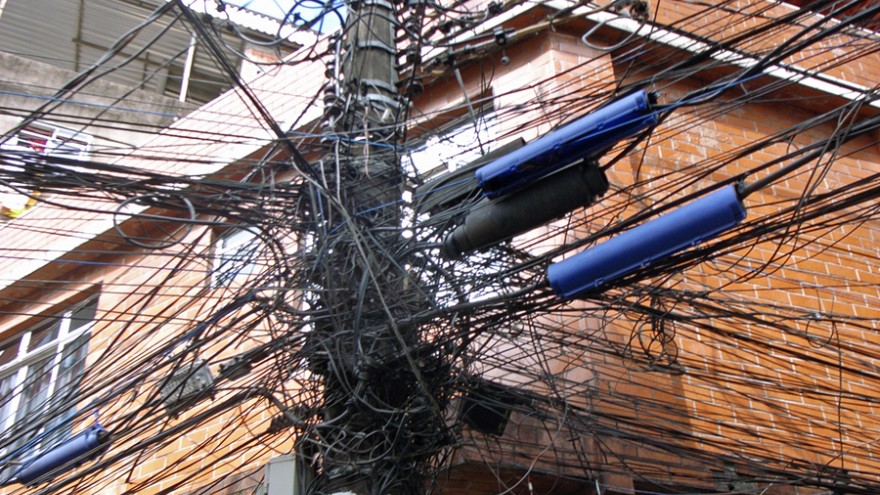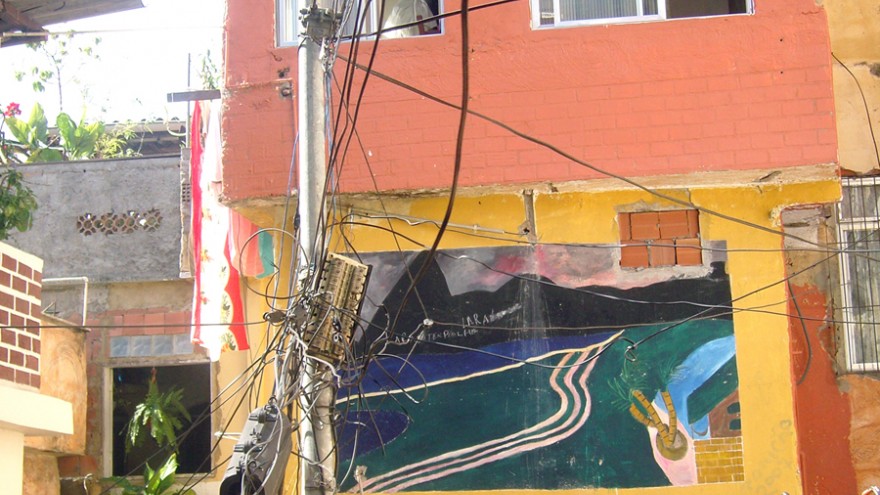I am fascinated by man-made systems, grids and networks of all sorts, especially transportation networks and structures. Our world is full of them. Some work, others don’t. We momentarily understand how dependant we are on these, often outdated, technologies and systems of our civilisation.
“Systems thinking” is one of the crucial needs of our time as we come to understand, more and more how inter-dependant we are on almost everything, not just grids.
Why do systems fail? Or shall we say - why were systems never built to outlive the conditions they were built for? Is it fair to say that they were never really built for real people?
People with no means or people who were denied by society always found their way through by creating systems and grids of their own. This is what we call the hands-on way of living in unbelievably inhumane conditions, as seen from Mumbai to Manila and from Sao Paulo to Jakarta. Places where nobody worried about making systems or thought about the issues we consider “design”. They say things just happen, one thing leads to another in a haphazard way – no planning, no organisation, no system, no grid… but somehow things just work.
What is powerful and hopeful is that people help themselves and create what is an ingenious use of their meagre resources. The psychological resilience seen in these places makes one wonder – how could we see the current complex reality in a different way? It gives us hope to find another way, another approach, another possibility and therefore another reality.
On my last trip to Rio I captured these grids and it made me wonder about this. To me it illustrates human resilience, problem solving and, above all, hope.
When systems are not thought through - are they still systems? Or are they just organisms that evolve out of a chaotic way of living, or just surviving? I am looking forward to a day when – just like wireless communication made the traditional landlines for telephones obsolete – that we will perhaps have power supply without a traditional electric grid.
I wonder…

